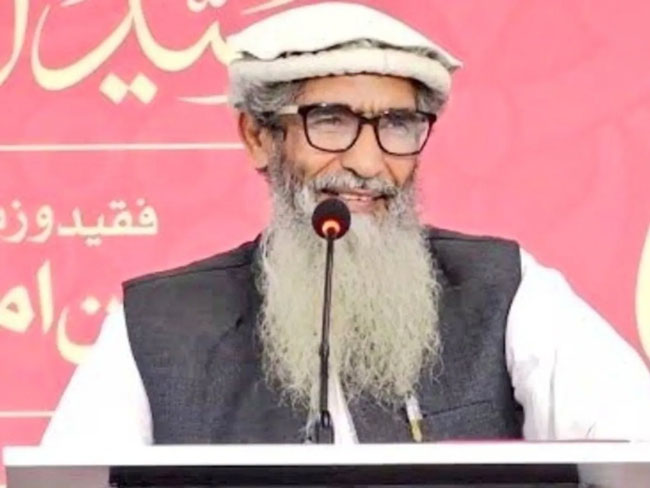Desk :Major developments are emerging from Pakistan’s terror network. Aamir Hamza, the co-founder of Lashkar-e-Taiba (LeT) and a key ideologue of the group, has reportedly been seriously injured. While there has been no official confirmation from Pakistani authorities, media reports suggest that Hamza has been admitted to a military hospital in Lahore under tight ISI (Inter-Services Intelligence) security.
Speculation Over Internal Conflict or Targeted Attack
Sources indicate that Hamza was gravely injured inside his home, although the circumstances remain unclear. The timing of this incident is significant, coming shortly after India’s decisive military campaign, Operation Sindoor, which has once again brought global scrutiny on Pakistan for sheltering terror outfits. Hamza’s treatment under ISI surveillance has raised eyebrows and triggered speculation about internal tensions or external targeting within the terror network.
Adding to the intrigue, just three days ago, another senior LeT commander, Abu Saifullah, was shot dead by unidentified assailants in Pakistan. The back-to-back incidents suggest possible internal rifts or a high-stakes shake-up within Lashkar’s ranks.
Who is Aamir Hamza?
Aamir Hamza was declared a global terrorist by the United States in August 2012. Hailing from Gujranwala in Pakistan’s Punjab province, he is known to be a close aide of LeT chief Hafiz Saeed and Abdul Rehman Makki. Hamza was highly active in terror operations in India around the year 2000. Both he and Abu Saifullah were involved in the 2005 terrorist attack on the Indian Institute of Science (IISc) in Bengaluru.
Propaganda Chief and Key Decision-Maker
According to the U.S. Treasury Department, Hamza is a member of LeT’s central advisory council. He heads a charity linked to the group and is also a key official in the University Trust run by Hafiz Saeed. Until around 2010, Hamza was responsible for producing and managing LeT’s propaganda publications.
Is Operation Sindoor Having a Ripple Effect?
India’s military action under Operation Sindoor appears to have rattled the terror infrastructure in Pakistan. The recent targeting of top Lashkar figures, whether through internal purges or covert operations, hints at deeper instability and heightened pressure from global anti-terror forces.
While the full picture remains unclear, one thing is certain — the developments surrounding Aamir Hamza and Abu Saifullah have put Pakistan’s terror safe havens under renewed scrutiny. The coming days may reveal further cracks in the terror networks long shielded by state complicity.




